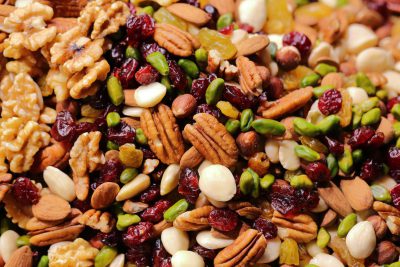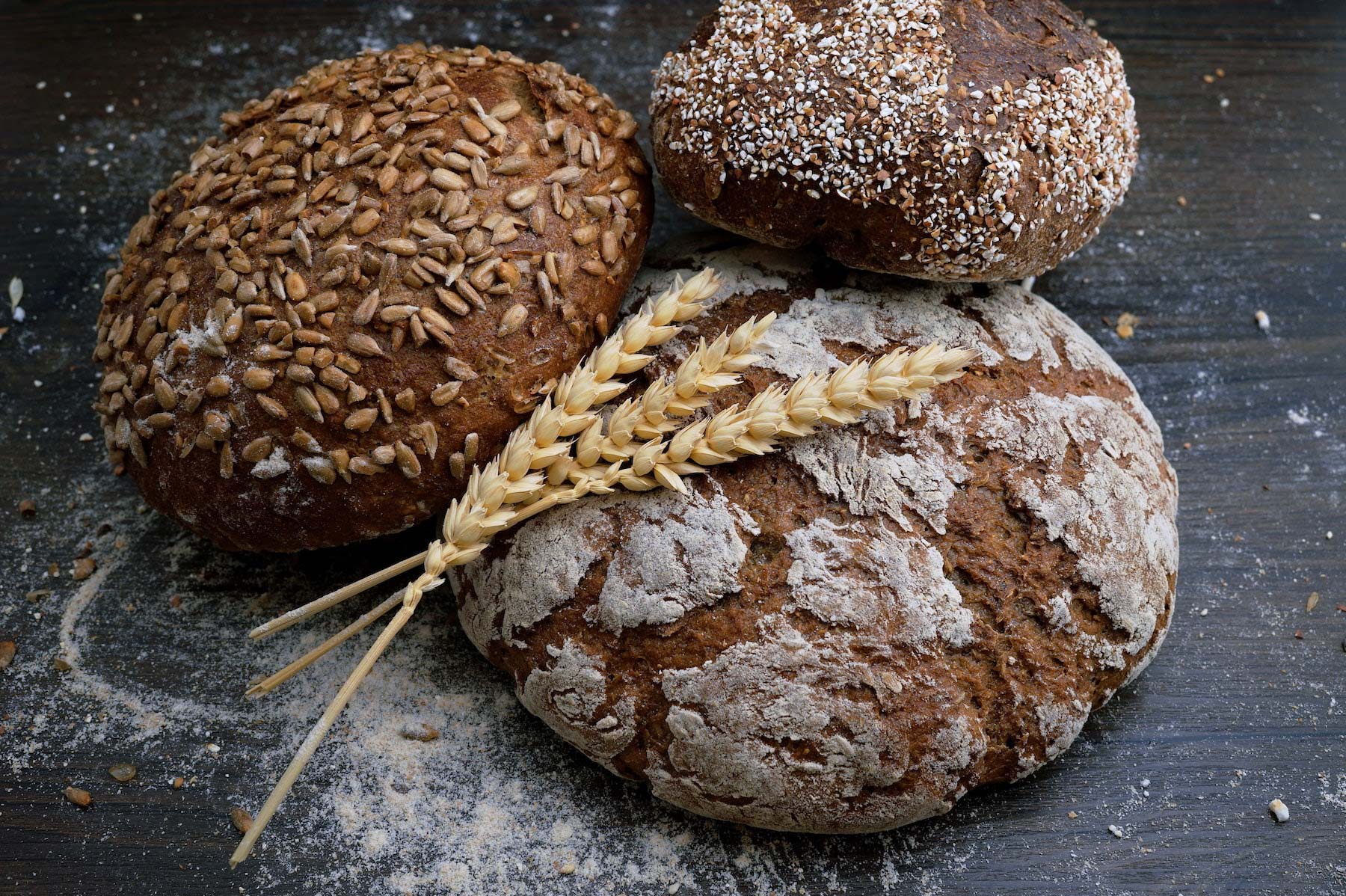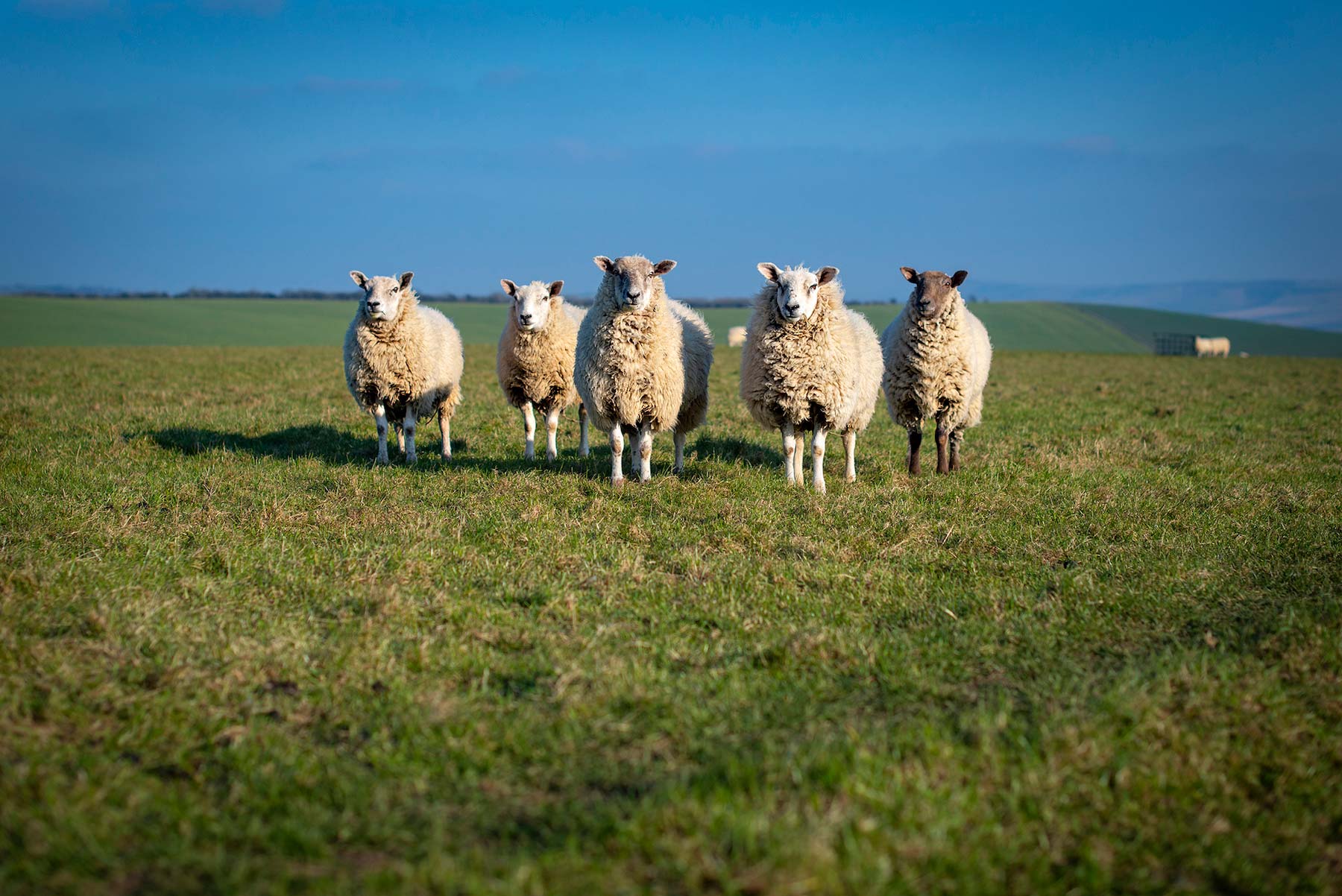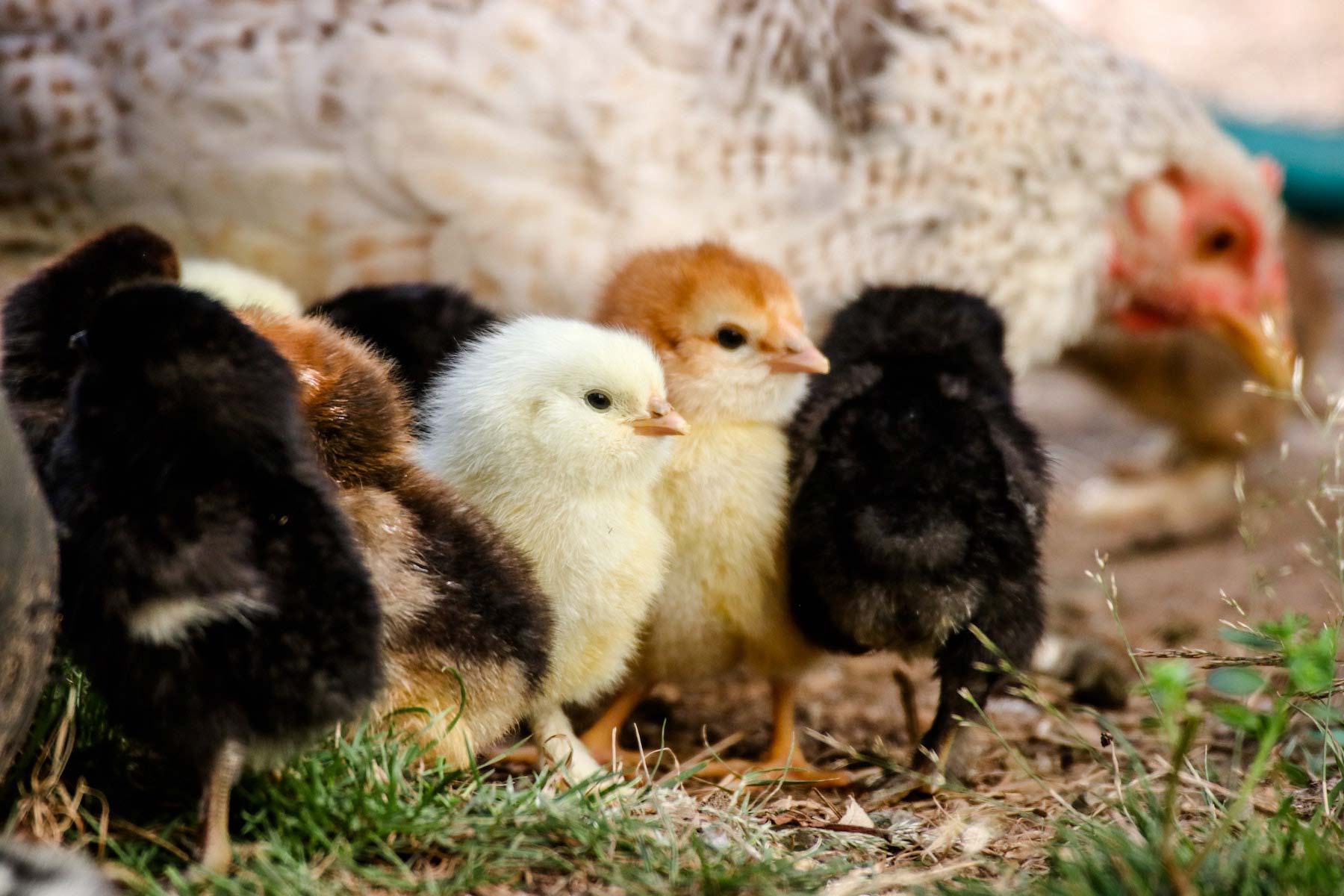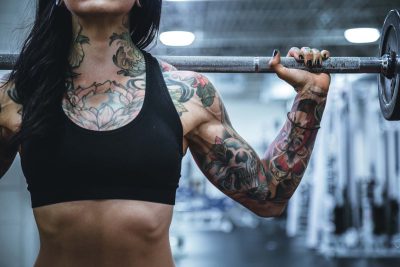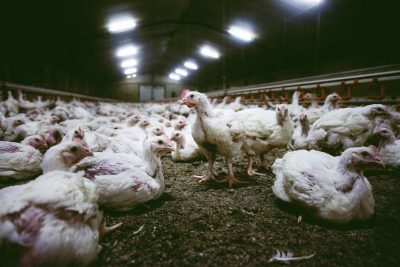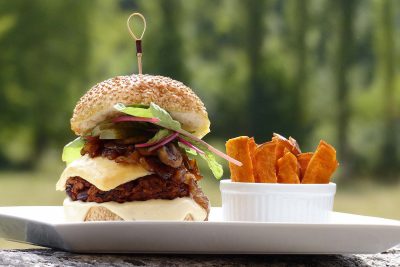Veganism is everywhere! It’s on our TVs, in the newspapers, across social media and in our local restaurants. For those wanting to know why plant-based eating is enjoying such stratospheric popularity, here’s the lowdown on veganism, what it is and why it’s so important.
What Is Vegan Food?
Vegan food contains no animal products – so no meat, fish, dairy, eggs or honey. It may sound like a radically different way of eating but actually vegans tend to eat very similar meals to meat eaters. Pizza can be vegan. Tacos can be vegan. And there are vegan versions of just about every product you can think of – from burgers and hot dogs to cheese and ice cream. And when you add in the wealth of fruits, vegetables, legumes and their associated products, nuts and nut butters, salads, herbs and spices, it’s easy to see why so many new vegans experience their new way of eating as expansive and abundant.
Why Do People Go Vegan?
There are so many good reasons to choose from! Obviously, a diet free from animal products requires no factory farms, long distance live animal transportation or slaughterhouses, which makes it the most animal-friendly diet. Eating only plants is also much better for the environment, as it significantly limits our climate impact, as well as reducing deforestation, species loss and pollution. This means eating vegan is good for wild animals and their habitats as well as farmed animals. Given that most antibiotics around the world are fed to farmed animals – in an attempt to keep those poor creatures alive in the squalid farm conditions – animal farming is driving antibiotic resistance, and that threatens us all. Plus, pandemic experts have long been watching pig and poultry farms, as they believe it is likely the next global pandemic could originate there. And, of course, eating plants is also better for our health. A vegan diet is associated with a reduced risk of heart disease, type 2 diabetes and some cancers.
What Can You Eat As A Vegan?
Oh so much! Vegan food can be “whole food plant-based” which focuses on natural and unprocessed ingredients and recipes, including grains, vegetables, nuts, legumes and fruits. The options here are endless. Vegans may, just as an example, eat grilled veggies with a sweet chilli dressing, herby garbanzo salad with protein-rich grains, a stir fry with cashew nuts and tofu, or homemade curries, soups, stews, tacos, or pasta sauces. But vegans don’t just rely on primary unprocessed ingredients. We also eat vegan versions of anything a meat eater has including vegan meats, cheeses, fish products, mayonnaise, yoghurts, and desserts. So our meals may look and taste very similar to a meat-eater’s meals.
Bread, Rice, And Pasta
When we talk about grains we don’t just mean grains! We mean all the products that can be made with grains, including bread and pasta, and other baked goods such as bagels, pretzels, cakes and cookies. And alongside rice (Basmati, white, brown, black, Arborio, and wild), we can choose from millet and quinoa, orzo and amaranth, buckwheat, oats, corn, freekeh and more. We can eat them as they are, make breakfasts or risottos, stuff them into roast vegetables or include them in a burrito.
Dairy Alternatives
Instead of dairy, vegans eat plant-based alternatives. We choose from oat, soy, hemp, rice, almond or cashew milk. We eat yogurts, cream, cheesecakes and ice cream made using soy, coconut or cashews. There is even sour cream, whippable cream and cream cheese. There is no missing out as a vegan!
Fruits And Vegetables
Of course we eat fruits and vegetables! But new vegans often feel inspired to expand their food choices significantly, and they seek out produce they have never tried before. Perhaps they try okra, samphire, kohlrabi or celeriac. They may seek out custard apples, dragon fruit, horned melons or persimmons. And don’t forget all the dried and canned varieties that can be cost-effective and convenient, too.
Legumes
These are beans and pulses, and that means everything from fresh French beans to dried split lentils. Beans are a great source of protein, and can be added to so many savoury dishes. Kidney beans are a staple of chilli; red lentils are the key ingredient for dahl. Again, it’s not just the beans themselves, though there are so many kinds – kidney, black eyed, black, adzuki, pinto, borlotti, for example – but the products made with them. Soybeans can be made into tofu and tempeh, milk, yogurt, cheese and many other products.
Nuts And Seeds
Packed with healthy fats and proteins, nuts and seeds are fantastic inclusions into many dishes and recipes. Add them to granola, oatmeal and other breakfast cereals; include them in salads and stir fries; snack on them while you wait for the bus. And don’t forget nut butters, tahini and chocolate – made from the seed of the cacao tree.
Vegetable Oils
Vegans choose from the range of vegetable oils – including olive oil, canola and hemp – and avoid lard, ghee and goose fat.
What You Can Not Eat
There is an enormous wealth of plant-based items we can choose to include in our meals, and these easily crowd out or replace the old animal-based foods, which includes …
Beef, Pork, Lamb, And Other Red Meat
No surprises here. Vegans don’t eat red meat. It doesn’t just come from animals; it is animals, and we want none of that exploitation, environmental damage and heart-clogging fat. But, for those of us who like the taste of red meat without any of the downsides, there is a wealth of plant-based products from pastrami, burgers and steak to bacon, sausage rolls and ground beef. So, we can have our BLT, chilli non carne and pizza with all the flavor we love, and none of the bad stuff.
Chicken, Duck, And Other Poultry
And just as with red meat, vegans choose plant-based versions of poultry if we want the taste or texture without eating animals themselves. There is vegan fried chicken, hoisin duck, turkey slices and much more to satisfy those flavor cravings, so there is absolutely and categorically no FOMO.
Fish Or Shellfish
Fish are animals, too, so vegans who want the taste of the sea without the trawling that is decimating the oceans get it from seaweed or from faux fish products, including vegan tuna, fish steaks and shrimps.
Eggs
Lots of people think that because eggs come from animals, rather than being animals, that there is no slaughter in the egg industry. That is sadly not true. Every chick hatched into the industry has a 50 percent chance of being male but of course males cannot lay eggs. These chicks are deemed worthless and so are gassed or macerated on their first day of life. And when hens’ productivity declines – a result of being forced to lay more eggs than is good for their bodies, alongside the appalling and stressful conditions they are kept in – they too are sent to slaughter. They are likely to be just two years old – a fraction of their natural lifespan. We don’t need to eat eggs. There are replacement egg products that we can use if we like the taste or wish to replace them in baking.
Cheese, Butter
Just as male chicks are killed by the egg industry, male calves are killed in the dairy trade. Cows must be pregnant to produce milk, but the calf is little more than a by-product, and the industry won’t let them drink any of the milk their mother made for them. That would mean less to sell! Female calves can grow to be exploited just like their mothers but the males cannot. They may be reared in the cruel veal trade or simply shot in the head.
The mothers are pushed to their biological limits by repeated pregnancies and near-constant milking, and break down usually before the age of six. There’s no need to make these gentle animals suffer so. We can choose delicious cheese and butter made from plants. There are many varieties available, including soft cheeses, those that melt, and varieties that are perfect on crackers.
Dairy Products
There are many kinds of plant milk including oat, soy, cashew, almond, rice and hemp so we try them all and pick the ones we like best. Maybe it’s almond in coffee, soy in tea, and oat on cereal. Perhaps rice is the only one for you, and it works everywhere. Alongside plant milk, there are also many flavors of vegan yogurts and ice cream, and when we make the small switch from dairy products to their plant-based equivalents, the positive ripples make a huge difference out in the world.
Mayonnaise
We are of the firm belief that there are very few meals that are not improved by a good dollop of mayonnaise. And so we choose from one of many excellent brands making vegan mayo. Some are classic, some are flavored. We like them all.
Honey
Bees make honey for a reason, and the reason is that they need its immune boosting properties and rich nutrients to help them survive the winter. Since we don’t need it, vegans choose other sweeteners such as rice syrup or agave syrup.
Healthy Benefits of A Vegan Diet
A plant-based diet has been shown to be beneficial for our health in so many ways, from short-term improvements in digestion and skin to a reduction in long-term chronic diseases. Here are just a few reasons why our bodies thank us for fueling them with plants.
Great Skin
Dairy is associated with skin conditions like acne, psoriasis and eczema, and those who cut it out may see their long-term skin complaints clear up almost overnight. Plus all those antioxidant-packed fruits and vegetables nourish our skin and give us that wonderful “vegan glow”.
Digestive Benefits
Another common report from new vegans is that their digestive ailments clear up almost immediately. Fiber is so good for our digestion, and a whole food plant-based diet is loaded with it. Plant foods contain natural probiotics, prebiotics and antioxidants which nourish and support our gut biomes, and this has a knock-on effect to the health of our brain, kidneys, heart, skin and immune systems, and appears to play a part in cancer and rheumatoid arthritis, too.
Heart Health
Fruits and vegetables are heart superheroes, and there is no upper limit on the amount we should eat. Research shows that five servings a day helps lower the risk of heart disease and stroke slightly but ten servings a day is better! It can reduce the risk of cardiovascular disease by 28 per cent, and premature death by 31 per cent. Studies show that switching out meat for plant-based alternatives improves several CVD risk factors by significantly reducing blood pressure, LDL cholesterol, and triglycerides in just 8 weeks.
Bye Bye Diabetes
Type 2 diabetes is both incredibly common and incredibly serious, as it can lead to heart disease, kidney failure, blindness, and limb amputations. But it is a disease we can prevent, halt and even reverse with simple lifestyle changes, including eating a plant-based diet. A 2003 study found that a plant-based diet controlled blood sugar three times more effectively than the traditional diabetes diet. Participants saw dramatic improvements within weeks and since then, the evidence for eating a vegan diet to beat diabetes just keeps mounting.
Alzheimers Is Not Inevitable
Neurologists Drs Dean and Ayesha Sherzai have developed a groundbreaking Alzheimer’s Prevention Program at Loma Linda University. They affirm that 90 percent of all Alzheimer’s cases can be prevented and for the 10 percent who have a strong genetic risk, the disease can be delayed by up to fifteen years. At the heart of their program is a plant-based diet.
Reduced Risk of Cancer
Processed meat causes cancer and all red meat is “probably carcinogenic”, with even a moderate intake of red meat raising the cancer risk. Conversely, research shows that those who eat a plant-based diet have “a marked reduction in mortality and age-adjusted incidence of many cancers common in Western society. These cancers include breast, prostate, colon, pancreas, ovary, and uterine endometrium cancers.”
What is the Difference Between Veganism and Vegetarianism?
Vegetarians eat no meat or fish, while vegans eat no animal products at all – including dairy, eggs and honey.
Conclusion
There are so many incredible reasons to be vegan, and so many incredible benefits to be gained from doing so. Nonetheless, we know it can be daunting to make these changes, and so we have developed a program to inspire and help you. Register for our 31-day vegan challenge for free and receive all the tips you’ll need to help you try vegan.
